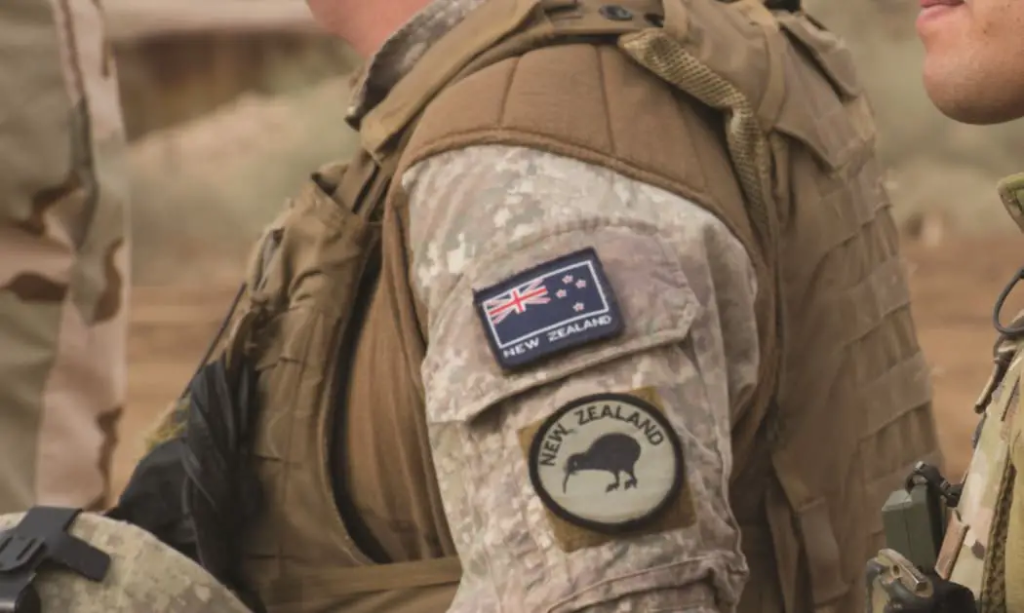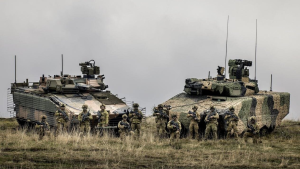
New Zealand soldier. Photo: New Zealand Defence Force
Confronting the challenges of aging equipment and recruitment difficulties, New Zealand’s military requires a comprehensive overhaul, announced the government on Friday.
With a strength of around 15,000 personnel, the nation’s defense force is deemed inadequate to address future challenges, according to a policy review presented jointly by Prime Minister Chris Hipkins and Defense Minister Andrew Little.
As outlined in the review, New Zealand’s military is tailored for a “relatively benign strategic environment,” rather than the current complex circumstances in the region, which involve climate-induced issues and intensified strategic rivalry between China and Western nations.
Little emphasized the need for New Zealand to invest in a “combat-capable” force and not to rely solely on its geographical remoteness for protection. He stated, “The shifts in domestic and international security landscapes necessitate a corresponding shift in our response and preparedness.”
“We must ensure that we possess trained personnel, assets, and resources, along with suitable international alliances, to safeguard our defense and national security,” Little stated during a press conference on Friday.
This military revamp announcement coincides with escalating discussions about New Zealand’s potential role in the AUKUS alliance, a significant agreement among Australia, the United Kingdom, and the United States, aimed at countering China’s growing influence in the Pacific.
New Zealand has been cautious in its approach to the pact, aiming to avoid antagonizing its major trade partner, Beijing. However, in recent weeks, Hipkins expressed the country’s willingness to engage in discussions about participating in certain aspects of the agreement that wouldn’t infringe upon its nuclear-free stance.
This likely involves collaborating with the other alliance partners in areas such as defense technologies encompassing cyber, artificial intelligence, and hypersonic weaponry – referred to as the “pillar two” of the agreement.
While New Zealand acknowledges its substantial relationship with China, it also acknowledges Beijing’s efforts to expand its sway in the Pacific, often at the cost of more traditional partners like New Zealand and Australia.
The nation’s strategy document underscores China’s growing military capabilities and its ability to project power beyond its immediate vicinity, extending into the wider Indo-Pacific region.
New Zealand has outlined plans to increase its presence in the Pacific, positioning itself as a favored partner for regional nations and contributing to enhancing resilience against security and climate-related challenges.
In addition to its defense responsibilities, New Zealand holds the defense obligations for small Pacific nations including Tokelau, the Cook Islands, and Niue. Its sole formal ally is its larger neighbor, Australia.






